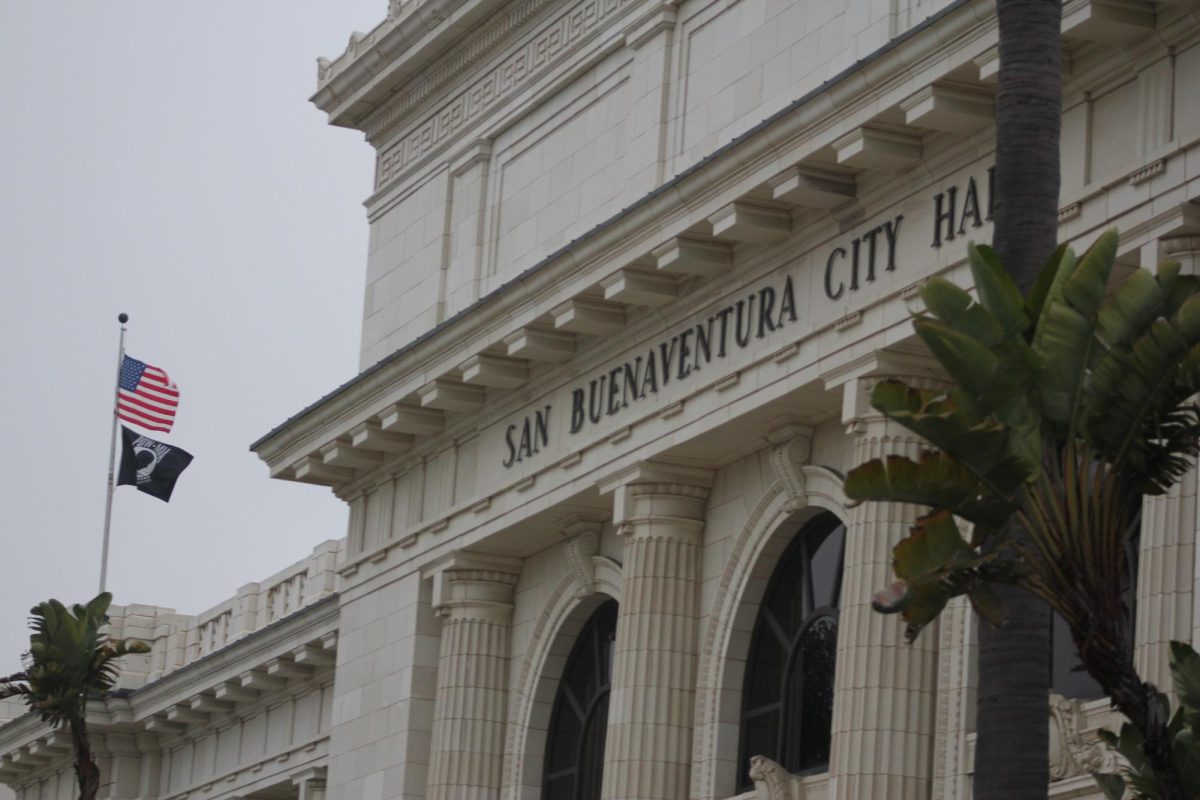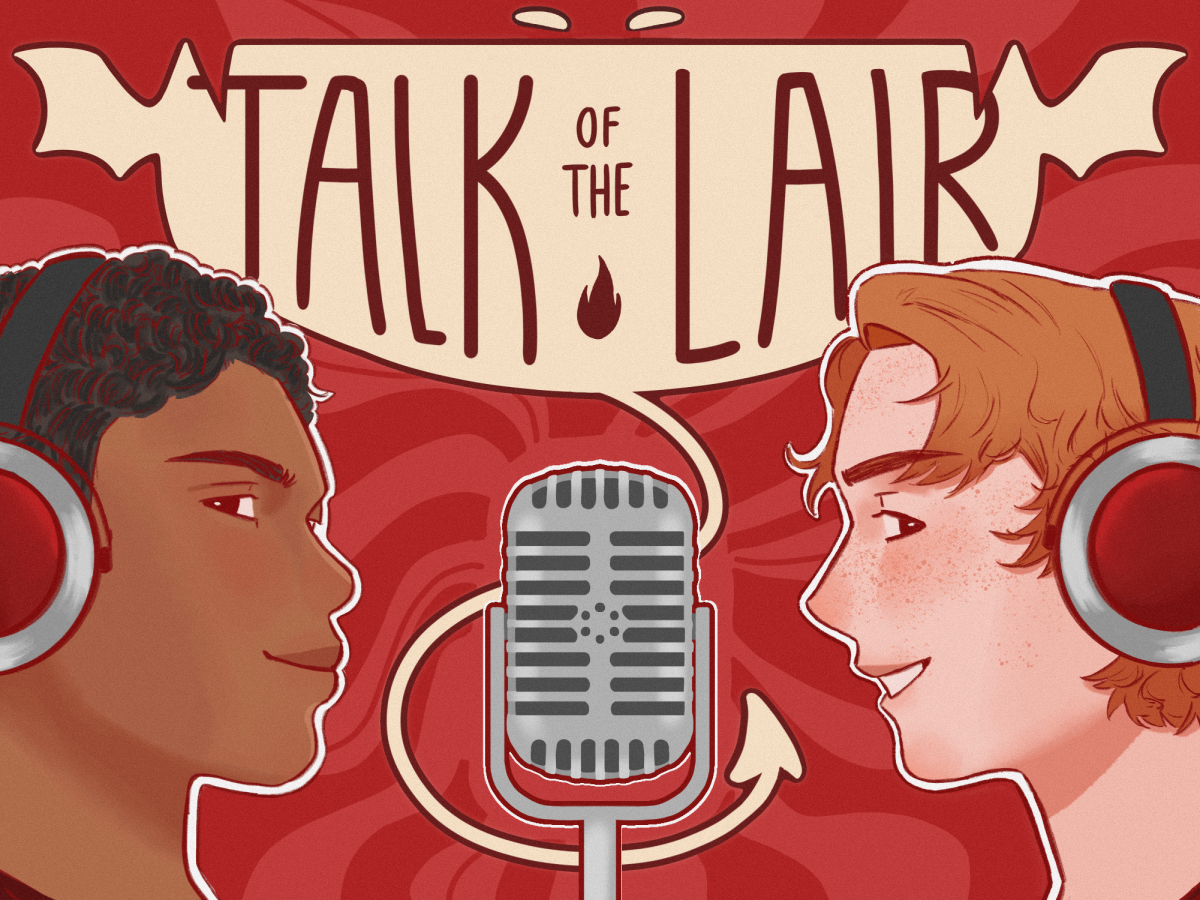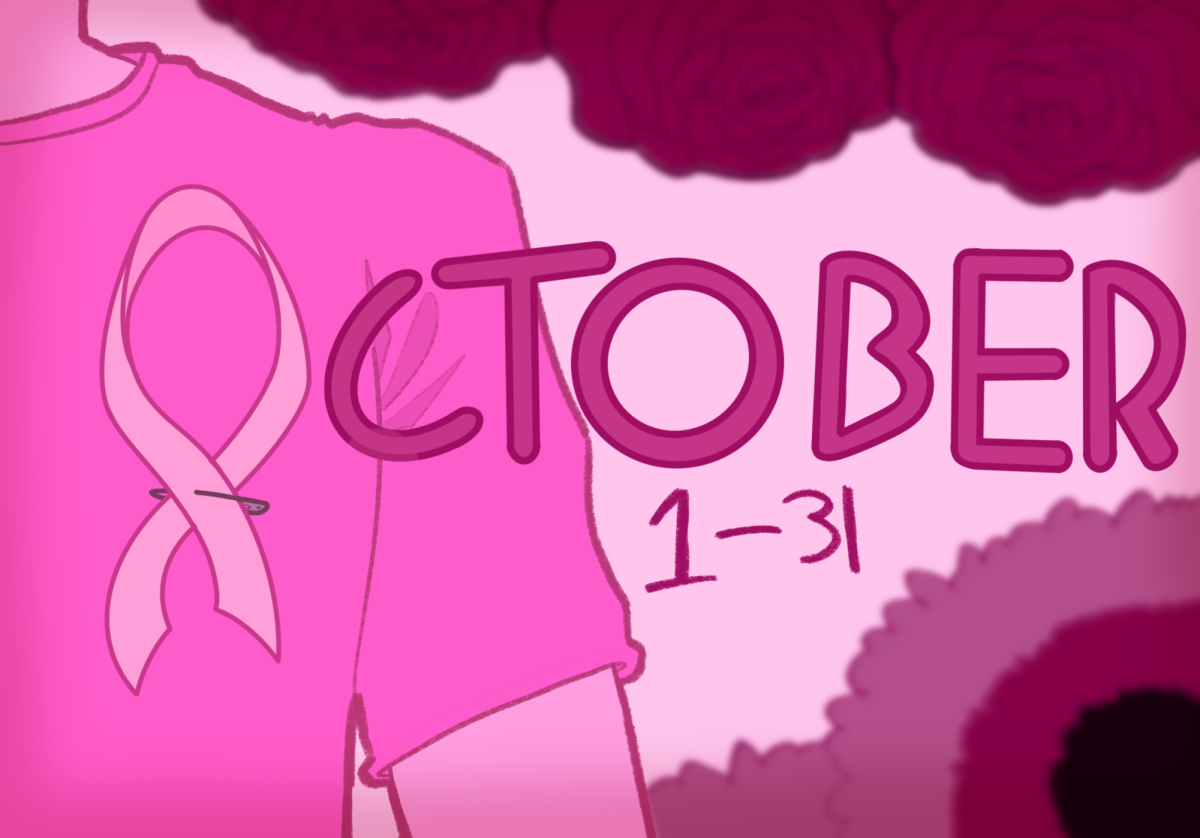After an erroneous act of injustice appears in the news, it’s a good bet that the call to stop politicizing (insert the topic of a Jimmy Kimmel rant, a recent mass shooting, or Hollywood rape scandal) will constantly occupy the national dialogue. This line of attack discourages and drowns out analysts trying to get to the root of a problem, whether it be the threat of Islam following a terror attack or regulation of the firearms used to perpetrate it.
The fact that everything is political should be enough to debunk politicizing accusations. Policies mandate how our country operates from the federal to municipal level. What leaders decide is best will have either a positive or negative influence on things like crime, the economy, health care, drugs, the environment, etc. (depending on who you talk to). Entertainment itself is political. A free market economy enables private entertainers to stage a show or concert for viewership and advertising money—money shoveled towards candidates come election time.
Following a tragedy, you’ll likely fall under the label of “politicizer” if your response dares diverge from the usual expressions of condolence and lament, an example of this being to send prayers, which were abundant on social media and elsewhere in the wake of the church shooting in Waco, Texas. Nobody should take issue with people saying this—it’s in good nature. Still, if we’re being honest with ourselves, prayer alone won’t create a serious discussion about the prevention of another catastrophe.
More often than not, accusations of politicizing come from the Islamic-apologist left and National Rifle Association (NRA)-backed right. When other schools of thought use a tragedy to support a point, it’s easier for partisan hacks to obfuscate and shame them as heartless, versus trying to refute their argument. This isn’t limited to politicizing accusations. When conservatives are painted as unsympathetic bullies for opposing abortion and universal healthcare, it’s not a vendetta against women and poor people, but an espousal of limited-government, pro-responsibility philosophy.
The irony of the so-called “heartlessness” is that people talk about gun regulation or mental health after a mass shooting in the same heartfelt intention as sending hope and prayers—to solve the problem. The difference is that one eventually leads to reform and one does not.
Pointing out that bump stocks are a dangerous loophole (something even the NRA concedes) is misconstrued as indecency or disrespect towards the victims. Instead, both sides of the gun control debate must acknowledge that they share the same common goal, regardless of differing solutions: to prevent horrific shootings from recurring.
Politicians are easier targets because they’re vulnerable to special interests and narcissistic, career-related motives. In the United Kingdom, Labor supporters blasted Prime Minister Theresa May’s counter-terrorist response to June’s London Bridge attack by excusing it as a way to “politicize”—or score points ahead of her re-election. Critics of May’s past negligence towards maintaining national security ought to at least be hopeful of her stronger new rhetoric. But no, they want to accuse her for pandering to a support base (something every leader does) which dilutes the power of her speech itself and lessens actual conversation on the threat of Jihad.
Jimmy Kimmel, love him or hate him, poses nothing to gain by “politicizing” his son’s heart condition—unless Kimmel and the rest of the Hollywood liberal elite are colluding with the deep state Democratic coalition of the Islamic State and Anti-Fascists, who drool at the prospect of using staged shootings to take your guns away.
There’s no such thing as politicizing something. Attacking others for a non-existent concept curbs the full potential of our discourse and make debate taboo when it shouldn’t be. Advocates of the marketplace of ideas should get infuriated by this pathetic excuse to dismiss other perspectives.










